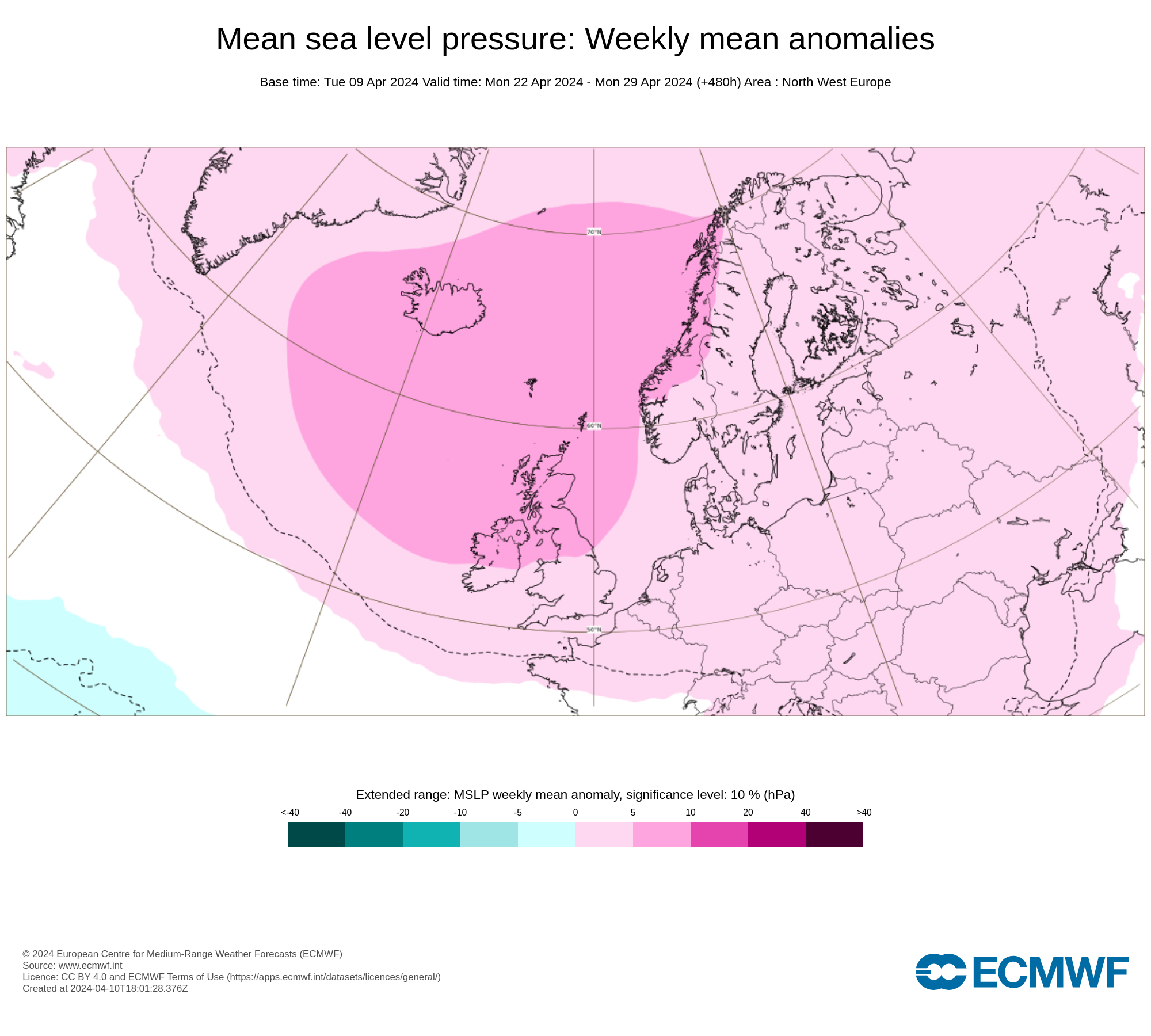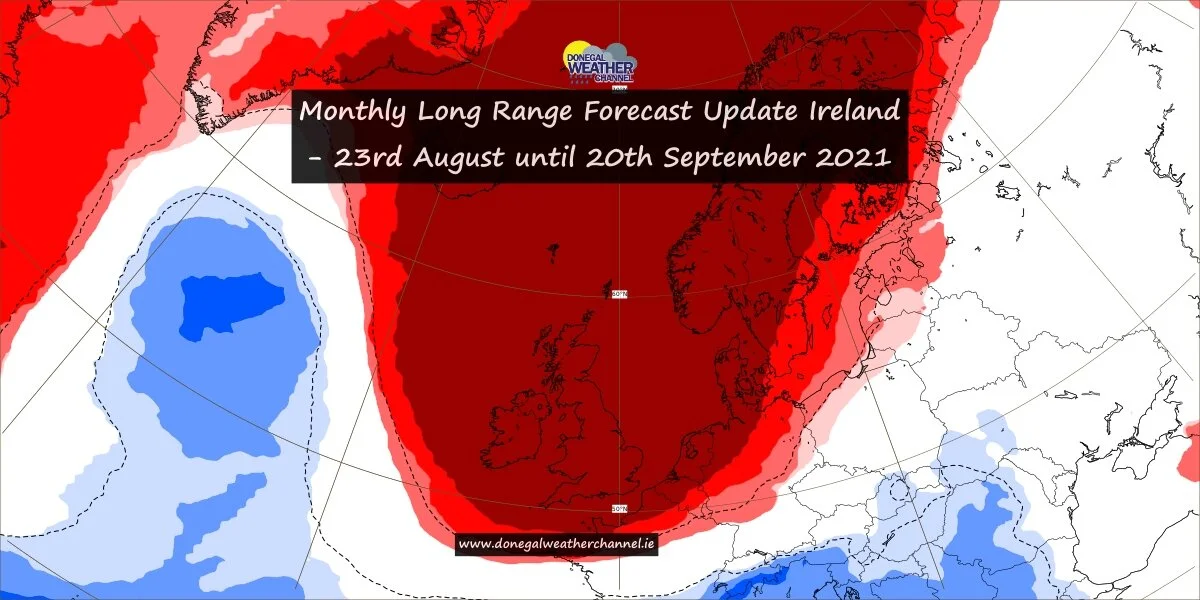Watch: Powerful Lightning strike in Saudi Arabia splits mountain rock, causes damage
Lightning can pound rocks with pressures on par with those of an asteroid impact, providing an alternate way to explain shocked quartz crystals.
MDESIGNER125/ISTOCKPHOTO
A video shared by Twitter user Aimen Dean on Wednesday showed a lightning strike causing damage and splitting a mountain in southern Saudi Arabia.
“If you ever wondered if a lightening strike could split mountain rock, then see the reply to this tweet It happened in southern Saudi Arabia,” Dean said in his tweet.
If you ever wondered if a lightening strike 🌩 could split mountain rock, then see the reply to this tweet🤯😬
— Aimen Dean (@AimenDean) May 12, 2021
It happened in southern Saudi Arabia pic.twitter.com/q7XAj8LOHh
The video showed a huge lightning strike above a mountain. A second video showed the aftermath of the strike, with apparent damage and large cracks to the mountain which had been split as a result.
Aftermath - damage
Aftermath pic.twitter.com/FQYEHctGaD
— Aimen Dean (@AimenDean) May 12, 2021
Lightning is electricity in the atmosphere, and lightning strikes can occur in the sky and can also come down on the ground, causing damage.
According to the US National Weather Service, a typical lightning flash is about 300 million Volts and about 30,000 Amps, whereas a household current is 120 Volts and 15 Amps.
Protect Yourself from Lightning Strikes
You can protect yourself from risk even if you are caught outdoors when lightning is close by.
Safety precautions outdoors
If the weather forecast calls for thunderstorms, postpone your trip or activity.
Remember: When thunder roars, go indoors. Find a safe, enclosed shelter.
Don’t forget the 30-30 rule. After you see lightning, start counting to 30. If you hear thunder before you reach 30, go indoors. Suspend activities for at least 30 minutes after the last clap of thunder.
If no shelter is available, crouch low, with as little of your body touching the ground as possible. Lightning causes electric currents along the top of the ground that can be deadly over 100 feet away.
Stay away from concrete floors or walls. Lightning can travel through any metal wires or bars in concrete walls or flooring. Although you should move into a non-concrete structure if possible, being indoors does not automatically protect you from lightning. In fact, about one-third of lightning-strike injuries occur indoors.
Safety precautions indoors
Avoid water during a thunderstorm. Lightning can travel through plumbing.
Avoid electronic equipment of all types. Lightning can travel through electrical systems and radio and television reception systems.
Avoid corded phones. However, cordless or cellular phones are safe to use during a storm.
Avoid concrete floors and walls.
Lightning strikes may be rare, but they still happen and the risk of serious injury or death is severe. Take thunderstorms seriously.


















